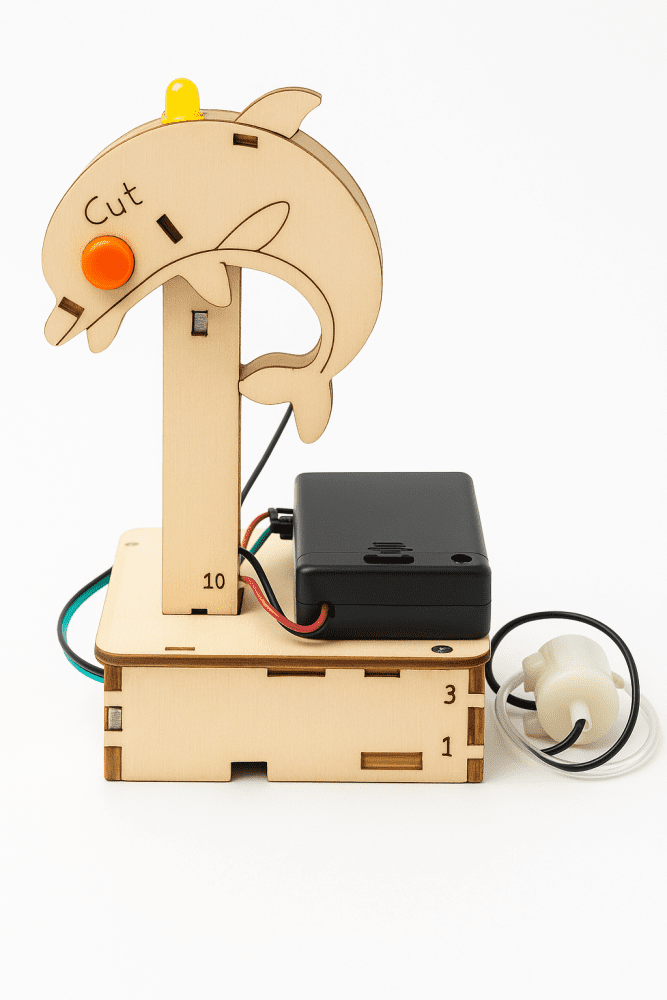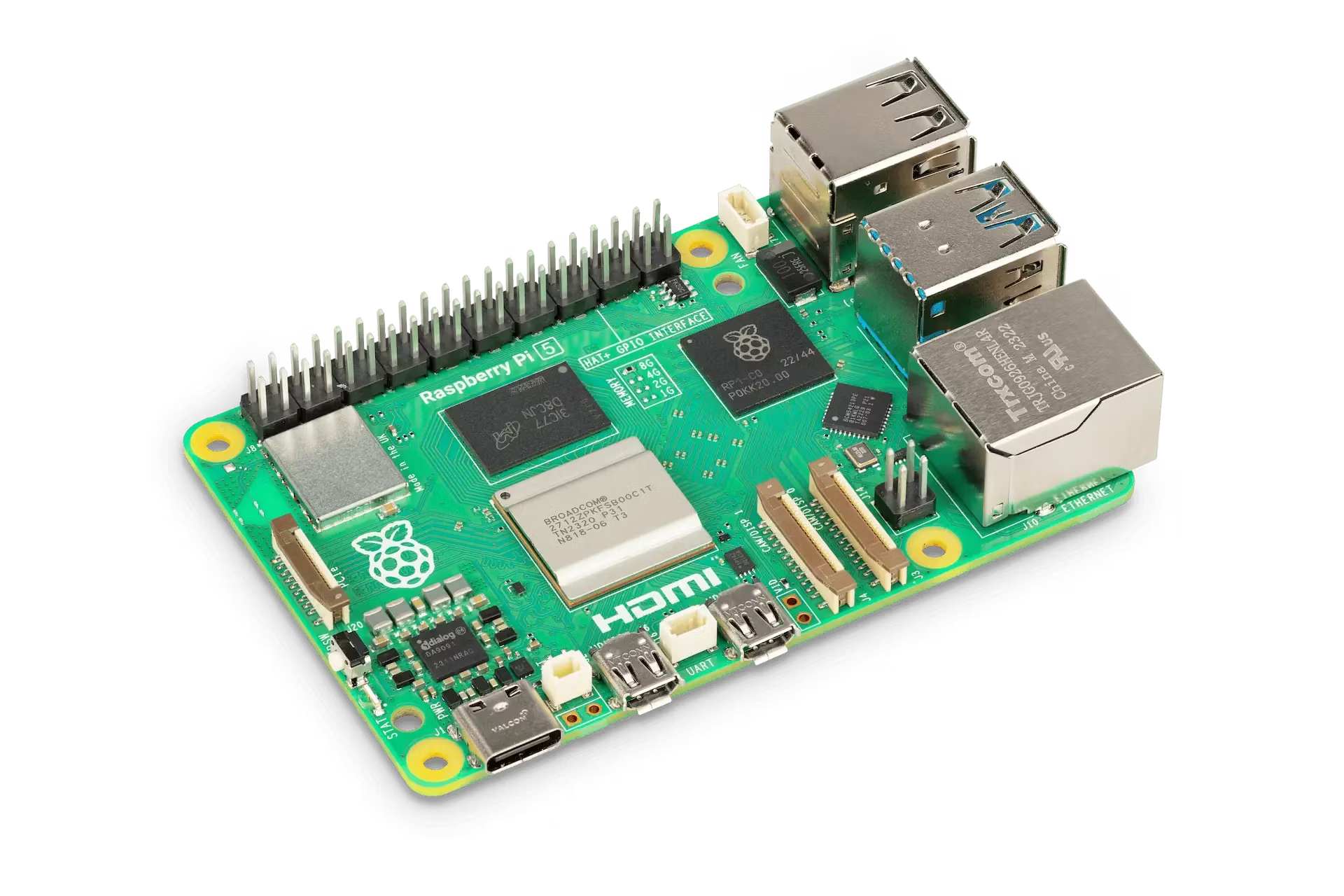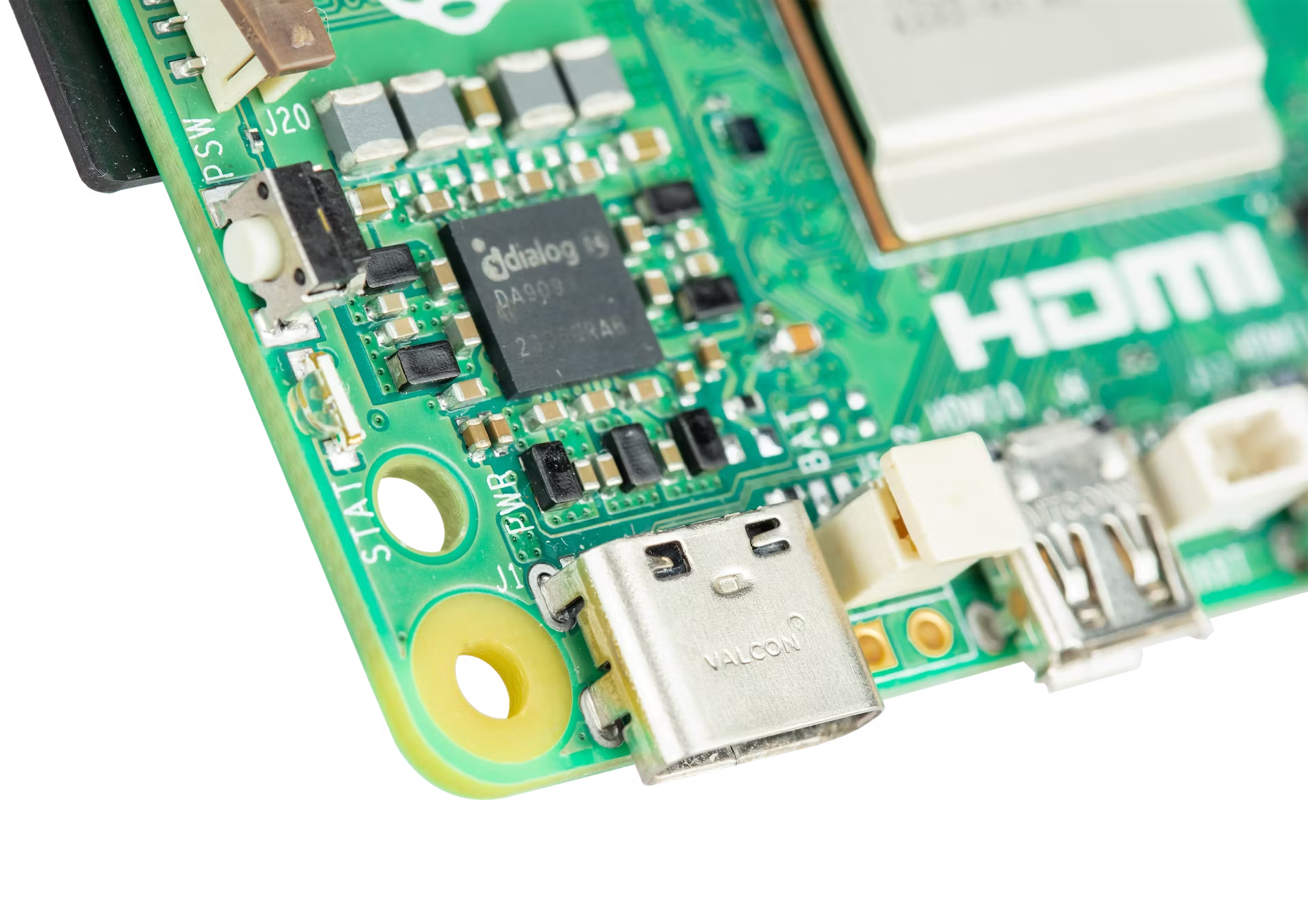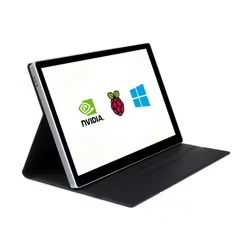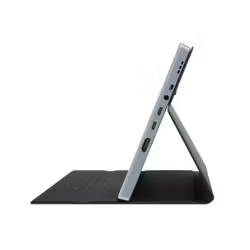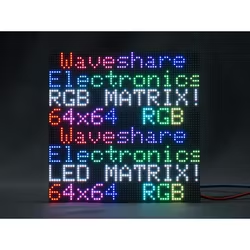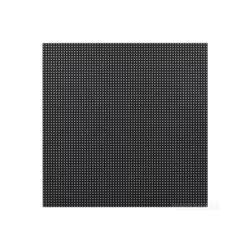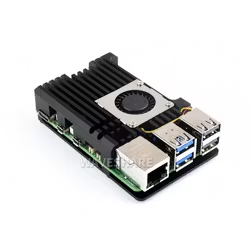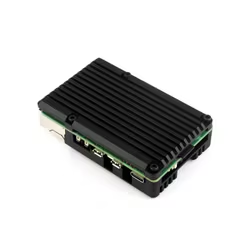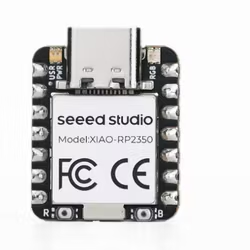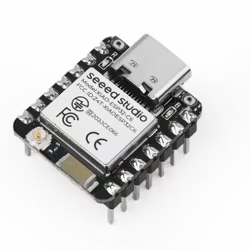The Raspberry Pi 5 offers unparalleled performance improvements, powered by a 64-bit quad-core Arm Cortex-A76 processor clocked at 2.4GHz. It delivers 2-3x the CPU performance of its predecessor, the Raspberry Pi 4. Equipped with an 800MHz VideoCore VII GPU, it features dual 4Kp60 HDMI outputs, advanced camera support via a redesigned Image Signal Processor (ISP), and a smooth desktop experience for both consumer and industrial applications.
For the first time, the Raspberry Pi 5 integrates in-house silicon design, featuring the RP1 “southbridge”, which significantly enhances I/O capabilities. This upgrade includes doubled USB bandwidth, faster SD card performance, and support for PCI Express 2.0, allowing high-speed peripheral connections. Dual 1.5 Gbps 4-lane MIPI interfaces provide flexibility for cameras and displays, offering increased bandwidth compared to previous models.
Key Specifications and Features
Processor
- Broadcom BCM2712: 2.4GHz quad-core 64-bit Arm Cortex-A76 CPU
- Cryptography extensions
- 512KB per-core L2 cache and 2MB shared L3 cache
Graphics and Video
- VideoCore VII GPU:
- Supports OpenGL ES 3.1 and Vulkan 1.2
- Dual 4Kp60 HDMI® outputs with HDR support
- 4Kp60 HEVC decoder
Memory
- LPDDR4X-4267 SDRAM
- Available in 4GB, 8GB, and 16GB configurations
Connectivity
- Dual-band 802.11ac Wi-Fi®
- Bluetooth 5.0 with BLE support
- Gigabit Ethernet with PoE+ support (via separate PoE+ HAT)
I/O Ports
- 2 × USB 3.0 ports (5Gbps)
- 2 × USB 2.0 ports
- MicroSD card slot with SDR104 high-speed mode
Camera and Display
- 2 × 4-lane 1.5 Gbps MIPI transceivers
- Supports any combination of up to two cameras or displays
Expansion
- PCIe 2.0 x1 interface (requires additional M.2 HAT or adapter)
Power
- 5V/5A DC via USB-C with Power Delivery support
- Real-time clock (RTC) powered by an external battery
- Standard Raspberry Pi 40-pin GPIO header
Additional Features
- Integrated power button
- Enhanced peripheral performance
The Raspberry Pi 5 sets a new benchmark for single-board computers, with enhanced power, flexibility, and expandability, making it a game-changer for advanced projects, embedded systems, and industrial use cases.

 English
English
